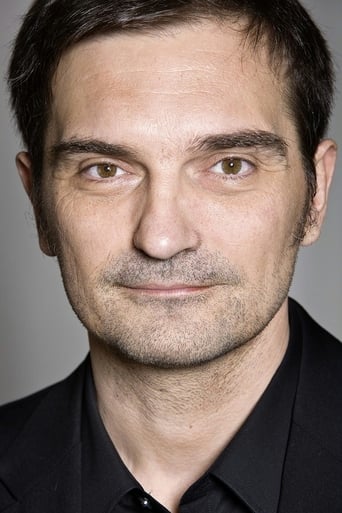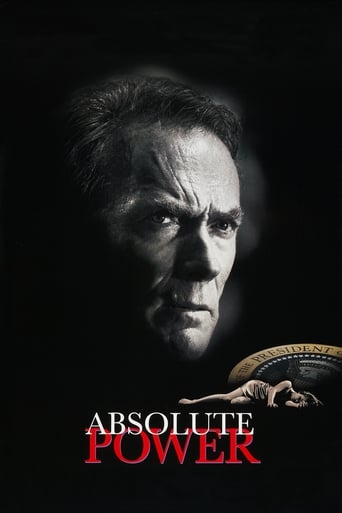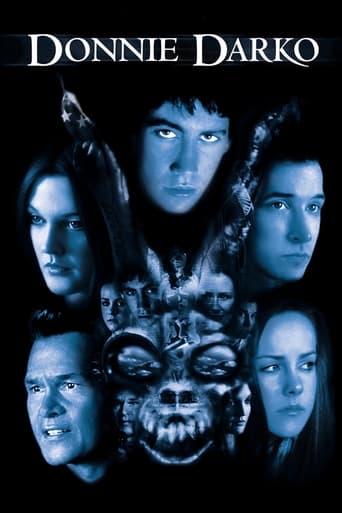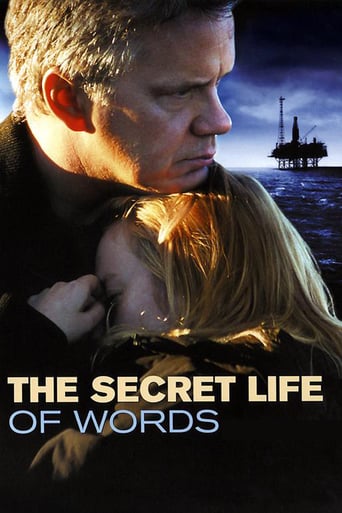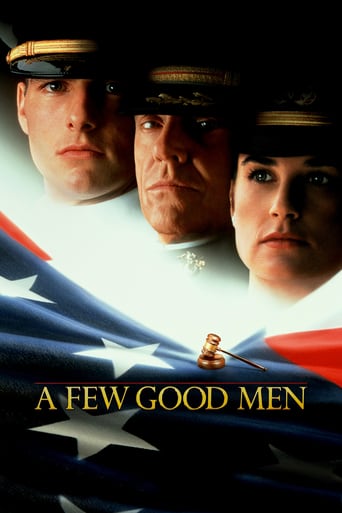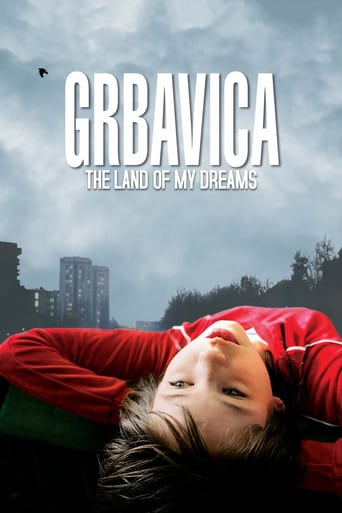

Grbavica: The Land of My Dreams (2007)
A woman and her daughter struggle to make their way through the aftermath of the Balkan war.
Watch Trailer
Cast


Similar titles
Reviews
This is a truly sad but beautiful masterpiece. We have heard so much about wars and atrocities that go with it. What about people who still have to live with all the nightmares and aftermaths of the atrocities on their own land, which they had once loved in an unrestrained and uninhibited manner but is now tainted with horror and sins? What have they done to deserve a life like this and what actually keeps them going but not giving up? Zbanic gives us the answer - it is love, the love of your family, the love of your home, despite it being a kind of contaminated, qualified and conflicting love which is eternally tainted with gruesome memories and haunting flashbacks. The nationalistic song sung by the students and in the end, an unsettled Sara, on the bus sums up this theme neatly and concisely.A very genuine and down-to-earth movie which speaks so much for itself and for the victims of war crimes who are and will still be living in a war of their own emotions for the rest of their lives. Besides, the direction is simplistic with a classy emotional twist powerfully built up to the climax of the scene of Esma's confession. The ending scene is a lifetime unforgettable. No words, just a song but it sums up what Sara has to feel and say perfectly. The acting is superb, expectedly from the veteran Karanovic and pleasantly surprisingly from the teenage Luna Mijovic.It is worth in the least Oscar nominations for the best director and the best foreign film . Go and watch it!
'Grbavica' is yet another superlative film coming from Bosnia. Firmly walking in the footsteps of Bosnian Best Foreign Language Film winner 'No Man's Land', the film trails a promising future for the fledging Bosnian film industry. This small, understated production is the proof-positive of the vibrancy of the Eastern European Cinema. A pioneering feature effort by the writer/director Jasmila Zbanic, the film has already been accoladed the prestigious Golden Bear at this year's Berlin International Film Festival and is sure to be a strong contender when it hits International festival circuit.Ms Zbanic has created a quiet, sentimental and feminine picture of the war's aftermath and the emotional toll the war inflicts on a mother/daughter relationship. She assuredly, with a hand of a born film-maker, creates a small but potent film which is a startling reminder of cinema's transcendental powers.'Grbavica' is sure to snuggle in the same underrated niche of anti-war movies that deal with lasting trauma on the psyche of war survivors. Movies like Hal Ashby's unforgettable 'Coming Home' or Russian 1959's classic 'Balad of a Soldier'.The picture's lasting impact owes much to the haunting performance of Mirjana Karanovic, a consummate artist who has, for over a decade, been the most decorated and awarded actress coming from war-torn former Yugoslavia. In Esma, Mirjana has entered the body and soul of a tormented war victim with a dark secret, and thus given us yet another performance to talk about. Her daughter Sara is expertly played by the little Luna Mijovic in a film debut reminiscent of Natalie Portman's career-launching role in Luc Besson's 'The Professional'.Variety's Russell Edwards pinpointed film's main shortcoming: '...the film is all set up and little pay off'. Indeed, although well-rounded and balanced, 'Grbavica' lacks complexity and dramatic density. A story thread is missing, a counterpoint of sorts, that would have enriched its thematic appeal and elevated its dramatic tension. Even the best of war movies, intentionally or not, on some level or another could be seen as one-sided and propagandist. It took more than a hundred years of cinema for a film-maker to come along who realized this inherent danger in making war movies. 'Flags Of Our Fathers' is a solid war movie with a strong anti-war message. But who could blame some Japanese for seeing it as anti-Japanese. That's why the old man Clint, creating cinematic history, has given us 'Letters of Iwo Jima', the version of the same battle seen through the Japanese point-of-view. Unspeakable atrocities are committed in any war. It would be idealistic if not idiotic to expect that a humane war could ever be waged. Both sides commit them, the stronger always more than the weaker. Had Ms. Zbanic weaved a story thread that would have touched upon this unfortunate reality, her subtle and soulful feature debut would have radiated universality of a true masterpiece.
The film looks so simple, and maybe it is somewhat too simple in cinematographic terms, but the story is very carefully built (and faultlessly acted). Just remark how symmetric are the paths of Esma and Pelda in the film: war has left her with a difficult daughter, him with a psychically suffering mother. It is moving just because the heroine (almost) always manages to stay dignified and hide her real feelings from unsympathetic people, and the spectator is engrossed by her slow and difficult acceptance of the need for crying out. I found especially credible Sara and her boyfriend, who show a perfect blend of childishness and pseudo-adult behaviour (when they are alone in Esma's flat they drink wine AND play puzzle). The story is brought by the director to the brink of tragedy and Esma might well end badly at one point or two, but then the plot gently turns a bit and there is no more tragedy that what has already happened during the war and which we sense, rather than see, through Esma's own reactions at scenes recalling her of those times. And the spectator is led to feel with her.
A very touching story full of really exact details of daily routine in Sarajevo nowadays and a very typical atmosphere of a family without men just can't leave you indifferent whether you believe or not that Bosnian war was an inner affair of the former Yugoslavia without any Western participation, etc. The countries after wars or revolutions are full of women who can't re-start their private lives broken by some shock. The last scene in which the protagonist's daughter Sara (definitely named after Sarajevo!) together with her classmates sings a patriotic song dedicated to the capital of Bosnia makes recall Leo Tolstoy's "Patriotism is the last shelter of bastards" - well, I don't think so, yet patriotism may be really the last shelter of unhappy people. With all this very few people in the audience can notice that the protagonist Esma played by Kusturica's actress Mirijana Karanovic is a little bit too old for this role. Esma (as she recalls her student's years before the Bosnian war) should be not about 50 but about 34-35, if not of the same age as the film director Jasmila Zbanic, and she can't say jokingly "I swear by Tito!" since that generation didn't feel the "Titoism" that much (Esma should be about 6-7 years old when Tito died). Jasmila Zbanic and her European producers could hardly notice it but ... can they count??? Helas, being exact is like being responsible which is getting rare in our civilization. All the rest social and historic details known only to Yugoslavians are beyond my own knowledge. Well, can the spectators count, especially if they are members of jury in Berlinale?!




